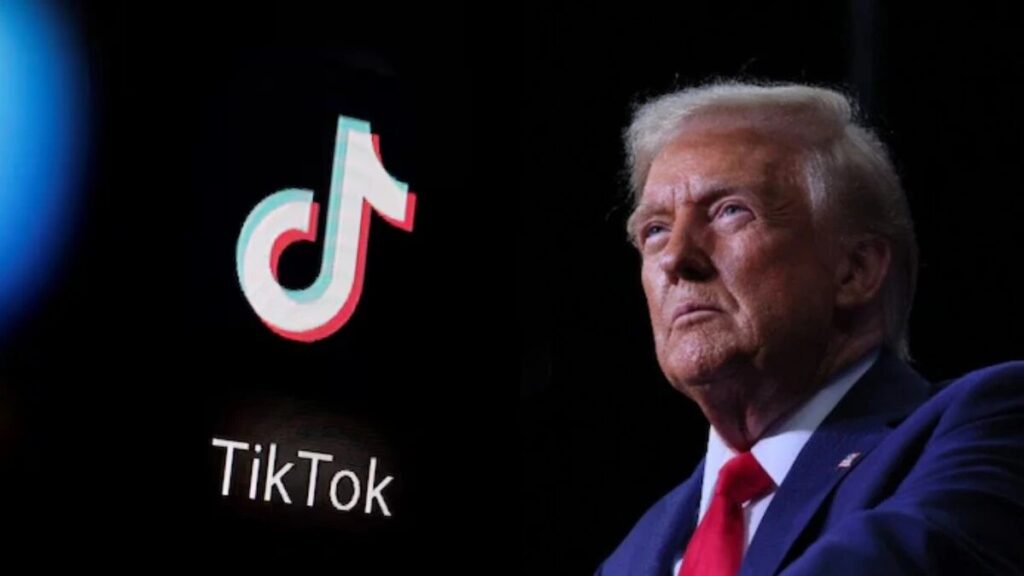Experts warn that banning TikTok could provoke retaliatory actions from China, potentially impacting U.S. companies operating in Chinese markets. Additionally, it raises questions about whether the U.S. government could target other foreign-owned platforms in the future.
For TikTok creators, brands, and influencers, a ban would represent an existential crisis. The platform has become a cornerstone of digital marketing and self-expression, particularly for younger audiences. Many creators may pivot to competing platforms like Instagram Reels or YouTube Shorts, but replicating TikTok’s success could prove challenging.
The Broader Implications of Social Media Regulation

Beyond TikTok, the case reflects growing scrutiny of tech giants by U.S. lawmakers and regulators. From concerns over privacy and misinformation to antitrust investigations, the U.S. government is signaling a willingness to take a harder stance on technology companies.
As platforms increasingly influence culture, politics, and economics, the call for stronger regulation is growing louder. However, critics argue that banning TikTok sets a troubling precedent for freedom of expression and could lead to overreach in future cases.
What’s Next for TikTok and Its Users?
With the Supreme Court poised to decide TikTok’s fate, January 19, 2025, looms as a critical date. If the ban takes effect, the platform could face an operational shutdown in the U.S. While users may hold onto the app for a while, its functionality will dwindle over time, leaving many creators and businesses searching for alternatives.
The case also highlights a broader question: Can the U.S. strike a balance between safeguarding national security and upholding free speech in the digital age? The answer could shape the future of technology regulation not just in America, but globally.
Conclusion
TikTok’s potential ban in the United States represents a seismic shift in the tech industry and raises profound questions about data security, freedom of expression, and the balance of power in a globalized world. As the Supreme Court deliberates, millions of users and creators are left wondering about the future of their favorite platform.
Whether this case sets a precedent for the regulation of foreign tech companies or evolves into a broader debate about privacy and digital sovereignty, the outcome will likely reverberate far beyond TikTok itself.



